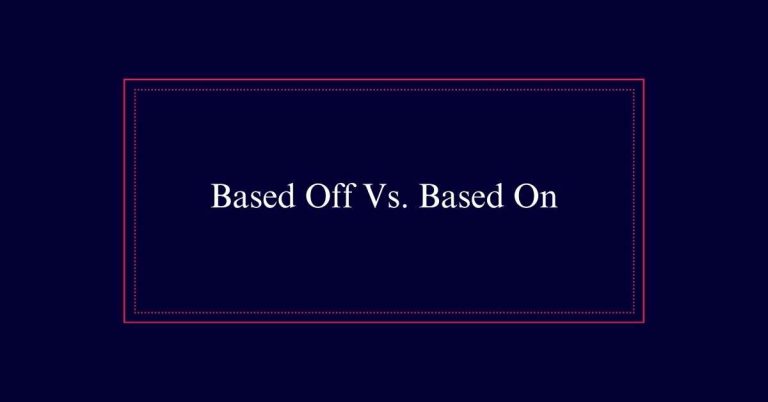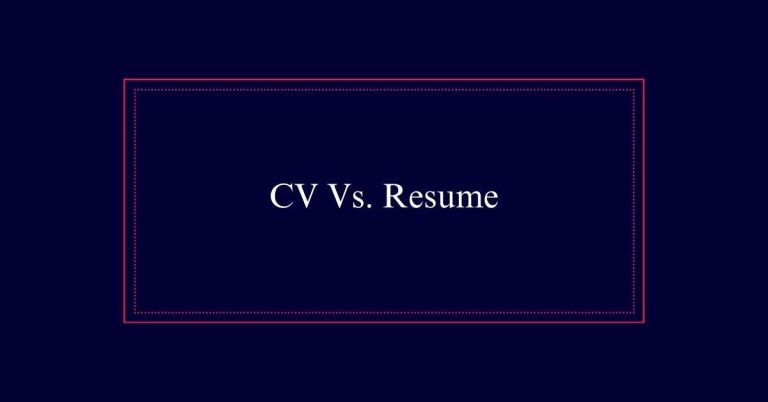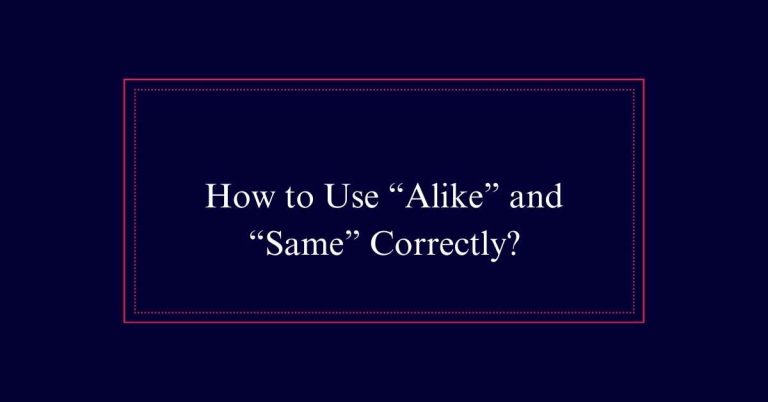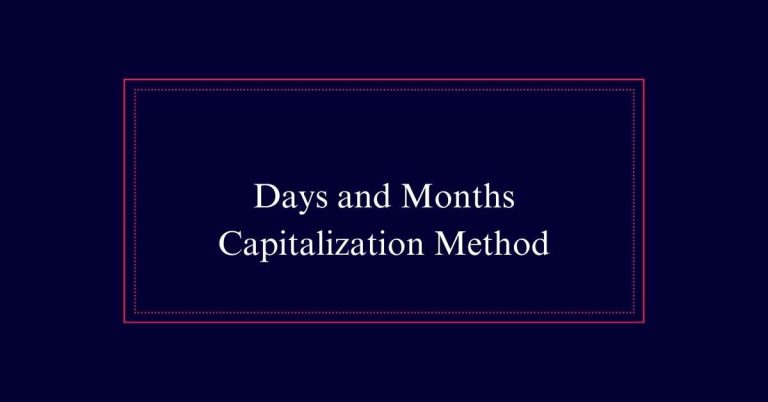What Does Presumptuous Mean?
Presumptuous means overstepping boundaries and acting with unwarranted confidence or arrogance. This behavior includes making assumptions without evidence, disregarding social norms, and acting beyond one’s authority.
Examples of presumptuous actions are interrupting conversations or bypassing authority figures. Such behavior can harm relationships, create misunderstandings, and disrupt professional dynamics. Synonyms for presumptuous include arrogant, forward, and pretentious. Each synonym highlights different nuances of overconfidence and rudeness.
Definition of Presumptuous
Presumptuous behavior involves acting in an overconfident and rude manner, often overstepping boundaries and taking liberties without permission. It signifies doing something one has no right to do, which can be seen as disrespectful or smug.
For example, interrupting someone while they are speaking or inviting oneself to an event without being asked are common instances. Being presumptuous can be equated with being rude, forward, or pushy. Other synonyms include arrogant, overconfident, and pretentious. These terms highlight the negative aspects of such behavior.
Characteristics of Presumptuous Behavior
Identifying specific traits can help understand what constitutes presumptuous behavior. A key characteristic is overconfidence, where individuals act beyond their authority or knowledge. They often make assumptions without considering others’ opinions or feelings.
Presumptuous people tend to interrupt conversations, believing their input is more important. They also exhibit a sense of entitlement, assuming privileges they haven’t earned. Additionally, they may disregard social norms, behaving in ways that others find disrespectful or intrusive.
This behavior can lead to strained relationships and misunderstandings. Recognizing these traits can help in identifying and addressing presumptuous behavior effectively. It is essential to be mindful of boundaries and respect others to avoid being perceived as presumptuous.
Real-World Examples
In various scenarios, real-world examples can illustrate how presumptuous behavior manifests and its potential impact.
For instance, an employee who bypasses their manager to present an idea directly to the CEO without prior approval is acting presumptuously. This can undermine the chain of command and create tension.
Another example is a guest who brings additional people to a private event without asking the host. This action can strain resources and disrupt planning.
In a social setting, interrupting someone mid-sentence to assert one’s opinion can be seen as presumptuous. Such behavior often leads to feelings of disrespect and frustration among peers.
Synonyms for Presumptuous
Many words can be used interchangeably with ‘presumptuous’ to describe similar overconfident or rude behavior. Common synonyms include ‘arrogant,’ ‘forward,’ and ‘smug.’ Each term captures the essence of someone overstepping social boundaries or displaying undue confidence.
‘Pushy’ and ‘assertive’ also convey a sense of unwelcome boldness. ‘Pretentious’ suggests putting on airs, while ‘overconfident’ highlights excessive self-assurance. ‘Brazen’ emphasizes shamelessness.
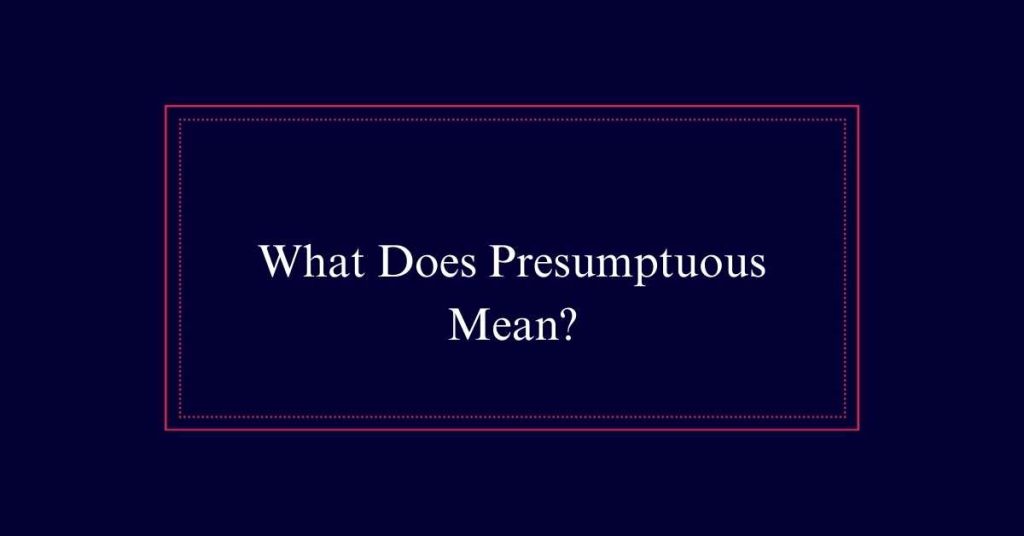
‘Impertinent’ and ‘insolent’ indicate disrespect or rudeness. Using these synonyms can help articulate the negative implications of presumptuous behavior.
Contextual Synonym Usage
Selecting the right synonym for ‘presumptuous’ depends on the specific context in which the behavior occurs. For example, if someone interrupts a conversation rudely, the word ‘forward’ might be appropriate.
If an individual shows excessive self-importance, ‘arrogant’ could be a better fit. When someone pushes their ideas too aggressively, ‘pushy’ works well.
On the other hand, if the behavior conveys unwarranted self-satisfaction, ‘smug’ is suitable. Each synonym carries its own nuance, helping to describe the specific nature of the presumptuous behavior accurately.
Presumptive Vs. Presumptuous
Understanding the distinction between ‘presumptive’ and ‘presumptuous’ is essential for effective communication.
‘Presumptive’ refers to something that is likely or expected, such as a presumptive heir who is expected to inherit a title. It indicates probability and likelihood.
On the other hand, ‘presumptuous’ describes behavior that is rude, overconfident, or boldly forward. It implies taking liberties without permission, often viewed as disrespectful or arrogant.
Using ‘presumptive’ in place of ‘presumptuous’ can lead to confusion and misinterpretation. Recognizing the difference between these two terms promotes clarity and precision in language.
Root Word Insights
The root word of both ‘presumptive’ and ‘presumptuous’ is ‘presume,’ which helps clarify their distinct meanings. ‘Presume’ means to take for granted or to assume something beforehand. From this root, ‘presumptive’ evolves to signify something probable or expected, like a likely outcome. For example, a presumptive diagnosis is based on initial evidence.
On the other hand, ‘presumptuous’ evolves to describe behavior that is overly bold or disrespectful. It implies crossing boundaries without permission. Understanding this root word connection aids in distinguishing the nuances between these terms. This differentiation is essential for precise communication, ensuring that the intended meaning is clear and accurate. By grasping the root word, one can use ‘presumptive’ and ‘presumptuous’ appropriately.
Importance of Correct Usage
Proper usage of terms like ‘presumptive’ and ‘presumptuous’ is important to avoid misunderstandings in communication. Misusing these words can lead to confusion and misinterpretation. Understanding the differences enhances clarity and precision in writing and speaking.
| Term | Meaning |
|---|---|
| Presumptive | Likely or expected |
| Presumptuous | Overconfident and rude |
| Context | Determines the appropriate word to use |
| Importance | Guarantees accurate and effective communication |
Using ‘presumptive’ correctly indicates probability, while ‘presumptuous’ conveys inappropriate boldness. For example, a ‘presumptive nominee’ is expected to be chosen, but a ‘presumptuous remark’ is overly bold and rude.
Misuse and Misunderstandings
Misusing ‘presumptive’ and ‘presumptuous’ can lead to significant communication errors and misunderstandings. These two terms, while similar in appearance, have distinct meanings. ‘Presumptive’ refers to something that is likely or expected to happen, like a presumptive nominee.
In contrast, ‘presumptuous’ describes someone acting in an overconfident or rude manner, such as interrupting a conversation without cause. Confusing these terms can distort the intended message. For instance, calling someone ‘presumptive’ when they are actually being ‘presumptuous’ could misrepresent their behavior drastically.
Practice With Examples
Practicing with examples can help clarify the distinction between ‘presumptive’ and ‘presumptuous’.
Consider these sentences:
‘John is the presumptive heir to the throne.’
‘John’s presumptuous behavior at the meeting offended many.’
The first sentence uses ‘presumptive’ to indicate that John is likely to inherit the throne. The second sentence uses ‘presumptuous’ to describe John’s rude and overconfident actions.
Another example:
‘The presumptive diagnosis was confirmed by tests.’
‘Her presumptuous remark interrupted the speaker.’
The initial example conveys a probable diagnosis, while the latter highlights disrespectful behavior. By practicing with similar examples, one can better understand and differentiate these terms, ensuring accurate communication.

